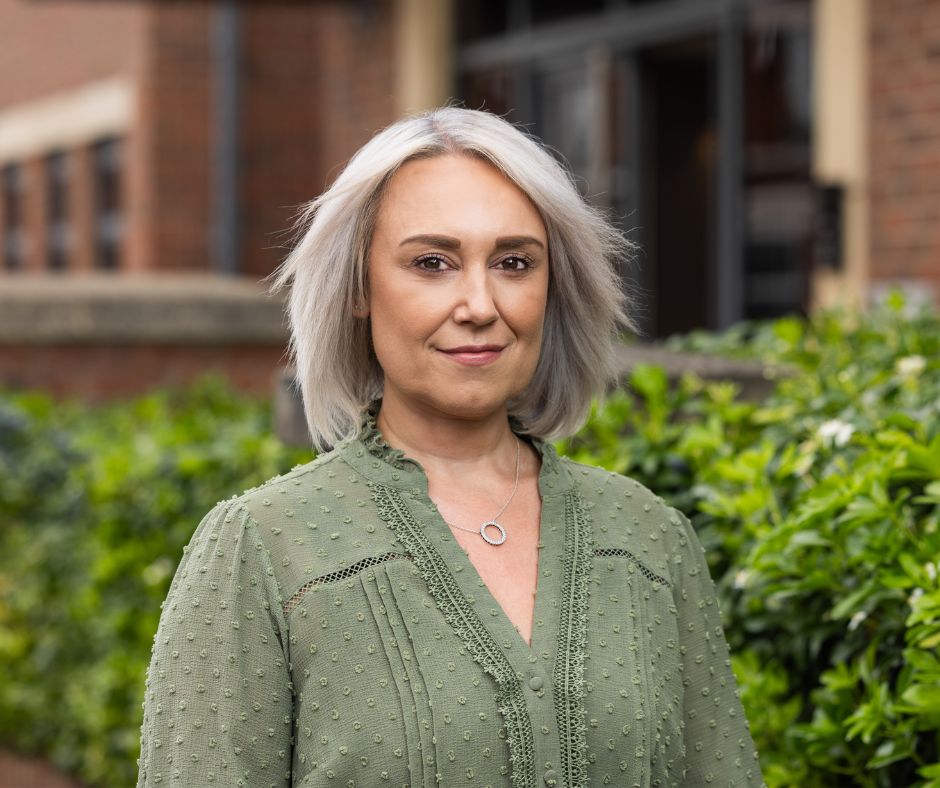How our trusts solicitors can help with your trustee duties
Trusts have existed for many years and so duties for trustees have evolved over time. In the Trustee Act 2000 a vast number of these duties were revised and set out in legislation.
We can assist and guide you in a number of tasks including:
- Understanding the terms of the Trust and the particular provisions of the Trust Deed
- Chairing the trustees meeting – there is a duty under the Trustee Act 2000 to review the Trust regularly and your trustee’s meeting can ensure this review is conducted
- Drafting minutes of the trustees meeting – we can complete the required documentation to ensure that proper records are kept of the decisions
- Trust accounts – what’s in the trust? What expenses have been incurred? What distributions of income have been made? The accounts will show all these factors and we can draft these on behalf of the trustees
- Providing beneficiaries with information – the beneficiaries have a right to information and we can ensure that they are kept fully informed by providing the correct documentation
- Helping the trustees consider any delegation of their duties and the rules surrounding requirements and limits to such delegation
We can hold trustees meetings in any of our offices and provide telephone and video conference facilities, where this will help, to bring all trustees together.
How our trusts solicitors can help with your trustee duties
Trusts have existed for many years and so duties for trustees have evolved over time. In the Trustee Act 2000 a vast number of these duties were revised and set out in legislation.
We can assist and guide you in a number of tasks including:
- Understanding the terms of the Trust and the particular provisions of the Trust Deed
- Chairing the trustees meeting – there is a duty under the Trustee Act 2000 to review the Trust regularly and your trustee’s meeting can ensure this review is conducted
- Drafting minutes of the trustees meeting – we can complete the required documentation to ensure that proper records are kept of the decisions
- Trust accounts – what’s in the trust? What expenses have been incurred? What distributions of income have been made? The accounts will show all these factors and we can draft these on behalf of the trustees
- Providing beneficiaries with information – the beneficiaries have a right to information and we can ensure that they are kept fully informed by providing the correct documentation
- Helping the trustees consider any delegation of their duties and the rules surrounding requirements and limits to such delegation
We can hold trustees meetings in any of our offices and provide telephone and video conference facilities, where this will help, to bring all trustees together.






















